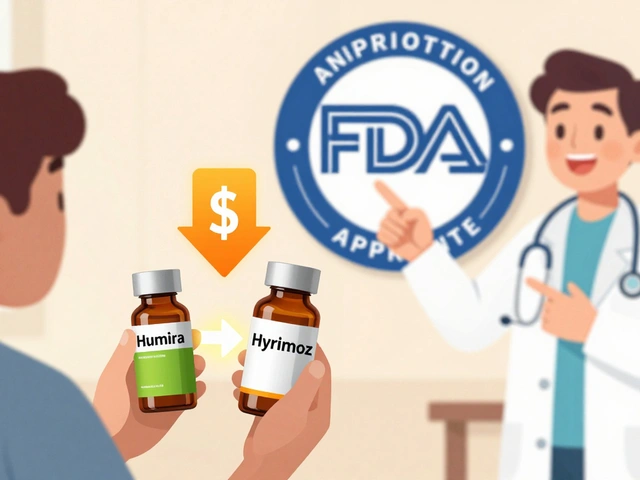Antioxidants: What Works, What’s Hype, and How to Use Them Safely
Antioxidants are everywhere — marketing, store shelves, and health articles. But they’re not a one-size-fits-all fix. Some antioxidant-rich foods are useful every day; some supplements help specific problems; and some products promise more than they deliver. This page helps you cut through the noise with plain, practical advice and links to in-depth guides on supplements we cover at GenericVilla.com.
Food first — then decide on supplements
Start with food. Berries, leafy greens, nuts, and colorful vegetables give a broad mix of antioxidants and other nutrients. Eating real food reduces the chance of taking excessive doses that can cause side effects. If your diet is limited — for instance, you’re vegan, on a restrictive medical diet, or have poor appetite — a targeted supplement can make sense.
Not all supplements are equal. Whole-food supplements tend to provide a blend of compounds like polyphenols and flavonoids, while isolated antioxidant pills give a single compound in a high dose. Both have uses, but the risks and benefits differ depending on your health and meds.
How to pick an antioxidant supplement
Check three things before you buy: ingredient transparency, third-party testing, and realistic claims. Look for labels that list exact doses and avoid vague terms like "proprietary blend." Third-party seals (USP, NSF, ConsumerLab) mean the product was tested for quality. Beware products promising miracle cures — real supplements help specific issues, not everything.
Specific examples from our site: our sage supplements guide walks through evidence for memory benefits and safe dose ranges; the Mercury Herb guide explains traditional uses and what modern data says about safety. Read those posts to see studies and practical dosage notes before you try anything new.
Also consider source and form. Some antioxidants absorb better in certain forms (for example, some plant extracts are more bioavailable as standardized extracts). If you’re buying online, prefer pharmacies or retailers that require a full product description and contact info. Avoid sellers with no address, unclear returns, or extreme discounts that feel too-good-to-be-true.
Safety matters. Some antioxidants can interact with medications like blood thinners, chemotherapy, or drugs that affect liver enzymes. High doses of single antioxidants can sometimes blunt benefits — say, interfering with exercise adaptations or certain medical treatments. If you’re on medication or pregnant, check with a clinician before starting a supplement.
If you want practical next steps: focus on whole foods first, pick one well-reviewed supplement if needed, and monitor how you feel. Use our linked guides for product picks, dosing tips, and what to expect. If something feels off, stop and talk to a healthcare provider.
Find related articles below for deeper reads, including guides on sage supplements, Mercury Herb, and safety notes — all written to help you make clear, safe choices.
Iceland moss is getting serious attention for its unique blend of immune-boosting polysaccharides and antioxidants. Traditionally used across the Nordic countries as a remedy for coughs and chest discomfort, this lichen now has modern research to back up the old wisdom. Dive deep into what makes Iceland moss tick, how the Vikings used it, and whether those natural compounds truly keep colds and infections at bay. Learn practical ways to use Iceland moss at home and get tips on choosing the best supplements. Discover why this ancient remedy deserves a spot in your wellness routine.
View Details

